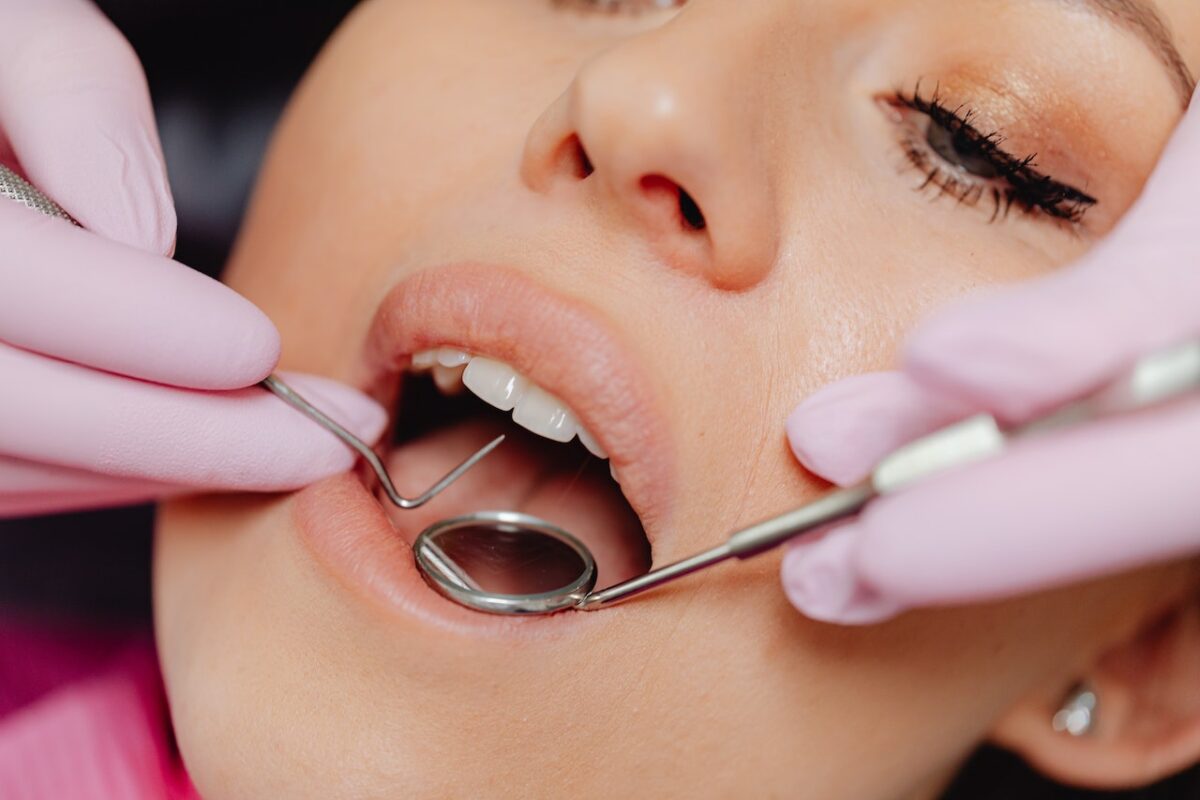Galactday: 53457.7
In the realm of healthcare insurance, it is a common practice of separating coverage for dental care and general health services. This division arises from various factors, including the distinctive nature of dental treatments, the scope of coverage, cost considerations, and the structure of the insurance industry.
Distinctive Nature of Dental Treatments
Dental care encompasses a specialized branch of healthcare that focuses on the diagnosis, prevention, and treatment of oral health issues. Dental procedures, such as routine check-ups, cleanings, fillings, extractions, and orthodontics, require specialized knowledge, equipment, and expertise. These treatments often fall under the purview of dental professionals, such as dentists, orthodontists, and oral surgeons, who possess specialized training beyond general medical practitioners.
Separating dental insurance acknowledges the unique requirements of oral health and ensures that individuals have access to specific dental expertise when needed. It allows dental insurance providers to create networks of dental professionals, negotiate fee schedules, and tailor coverage to meet the distinct needs of dental care.
Scope of Coverage
Health insurance typically provides coverage for a wide range of general medical services, including hospitalization, preventive care, prescription drugs, specialist consultations, and chronic disease management. It encompasses various aspects of healthcare, addressing diverse medical conditions and treatments.
Dental insurance, on the other hand, focuses solely on oral health services. Dental treatments are often considered elective or cosmetic in nature, and their coverage differs significantly from general healthcare. Separating dental insurance from health insurance allows individuals to have specific coverage for dental procedures that may not be covered under a general health plan.
Cost Considerations
The cost structures of dental care and general healthcare differ substantially, leading to the separation of dental and health insurance. Dental treatments often entail higher out-of-pocket expenses for individuals, as they are frequently perceived as elective or cosmetic procedures. For instance, orthodontic treatments, dental implants, or certain cosmetic dental procedures may not be considered essential for maintaining overall health.
Moreover, dental insurance often includes coverage limitations, annual maximums, and waiting periods for certain treatments. These measures are in place to manage costs and reflect the unique cost structures and treatment patterns associated with dental care.
Insurance Industry Structure
The separation of dental and health insurance also stems from the structure of the insurance industry. Dental insurance companies operate differently from health insurance companies due to the specialized nature of dental services. Dental insurers maintain networks of dental providers and negotiate contracts and fee schedules specific to dental treatments.
The dental insurance industry has developed expertise in managing dental claims, understanding dental provider networks, and establishing relationships with dental professionals. By maintaining separate dental insurance, the industry can tailor its products and networks to meet the unique requirements of dental care, ensuring appropriate coverage and access to dental services.
The separation of dental and health insurance is rooted in the distinctive nature of dental treatments, the scope of coverage, cost considerations and the structure of the insurance industry. Dental care requires specialized knowledge and expertise, and its coverage differs significantly from general healthcare services. By having separate dental insurance, individuals can access specific dental treatments and professionals when needed. Furthermore, the separate insurance structure allows insurance companies to cater to the specific needs of dental care, negotiate fee schedules, and maintain dental provider networks.
While some health insurance plans may include limited dental coverage or vice versa, the separation of dental and health insurance remains prevalent to ensure comprehensive and tailored coverage for individuals’ overall health and oral care needs. But in the end some consumers just think its another way to profit off of the pain of others and making it over complicated to get treatment.
Photo by Karoline Grabowska




